Foods You Think Are Healthy That Are Secretly Harming Your Blood Pressure
Blood pressure is a crucial aspect of our health, often influenced by our dietary choices. While many foods are marketed as healthy, some may inadvertently contribute to increased blood pressure, an issue affecting millions worldwide. That's why we've expanded the hidden culprits in our diets that may be secretly harming our blood pressure. By examining these foods, we aim to shed light on their deceptive nature and provide insight into making better dietary choices. Understanding these hidden threats can empower you to maintain a healthier lifestyle and potentially avoid the risks associated with high blood pressure.
1. Whole Wheat Bread
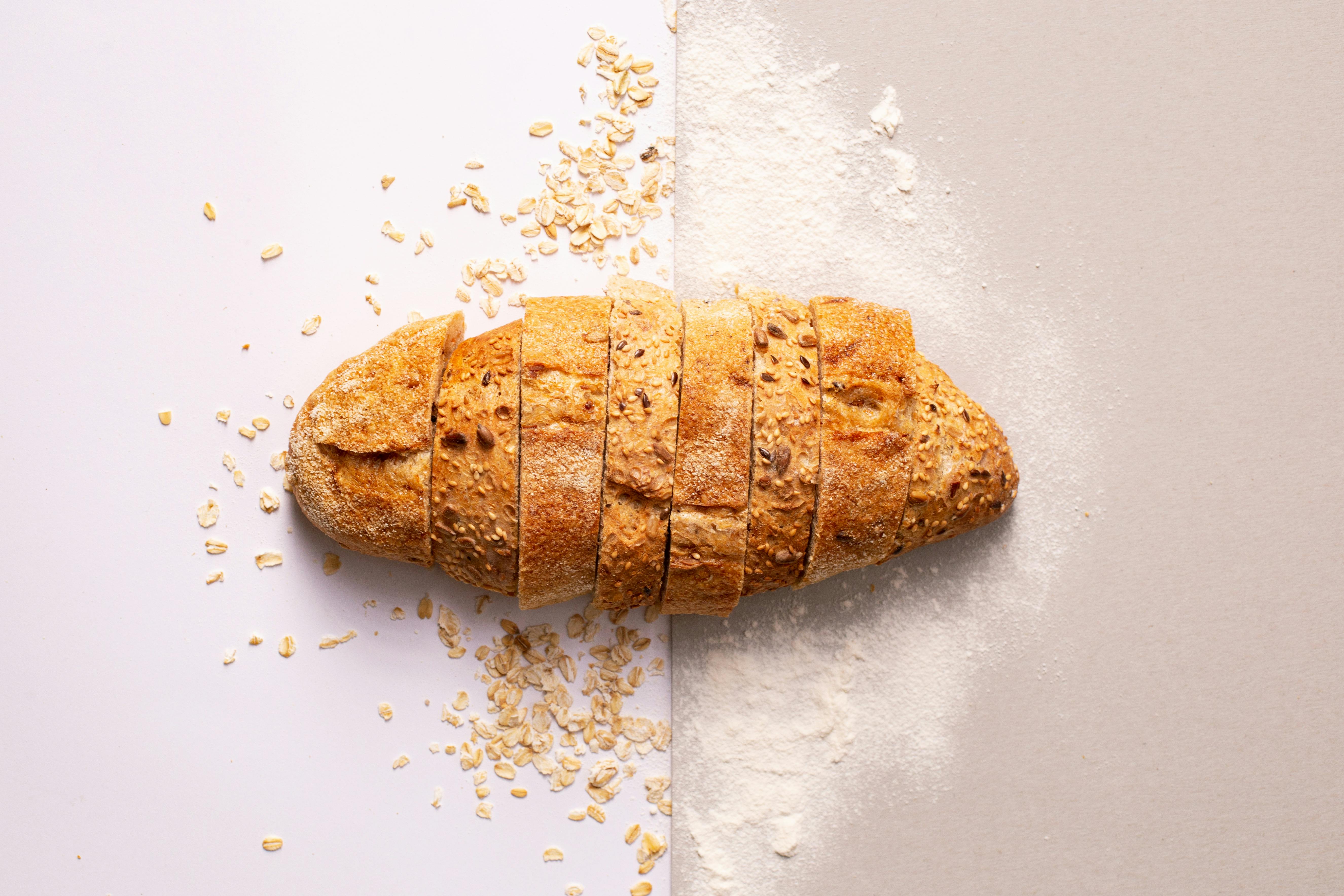
Whole wheat bread is often considered a healthier alternative to white bread, thanks to its higher fiber content. However, many commercial whole wheat breads contain high levels of sodium, which can elevate blood pressure. Sodium is often added to enhance flavor and extend shelf life. While fiber is beneficial for heart health, the hidden salt content in these breads can counteract those benefits. It's crucial to read labels carefully and opt for low-sodium options or bake your own bread at home to control the ingredients and maintain a heart-healthy diet.
2. Canned Vegetables
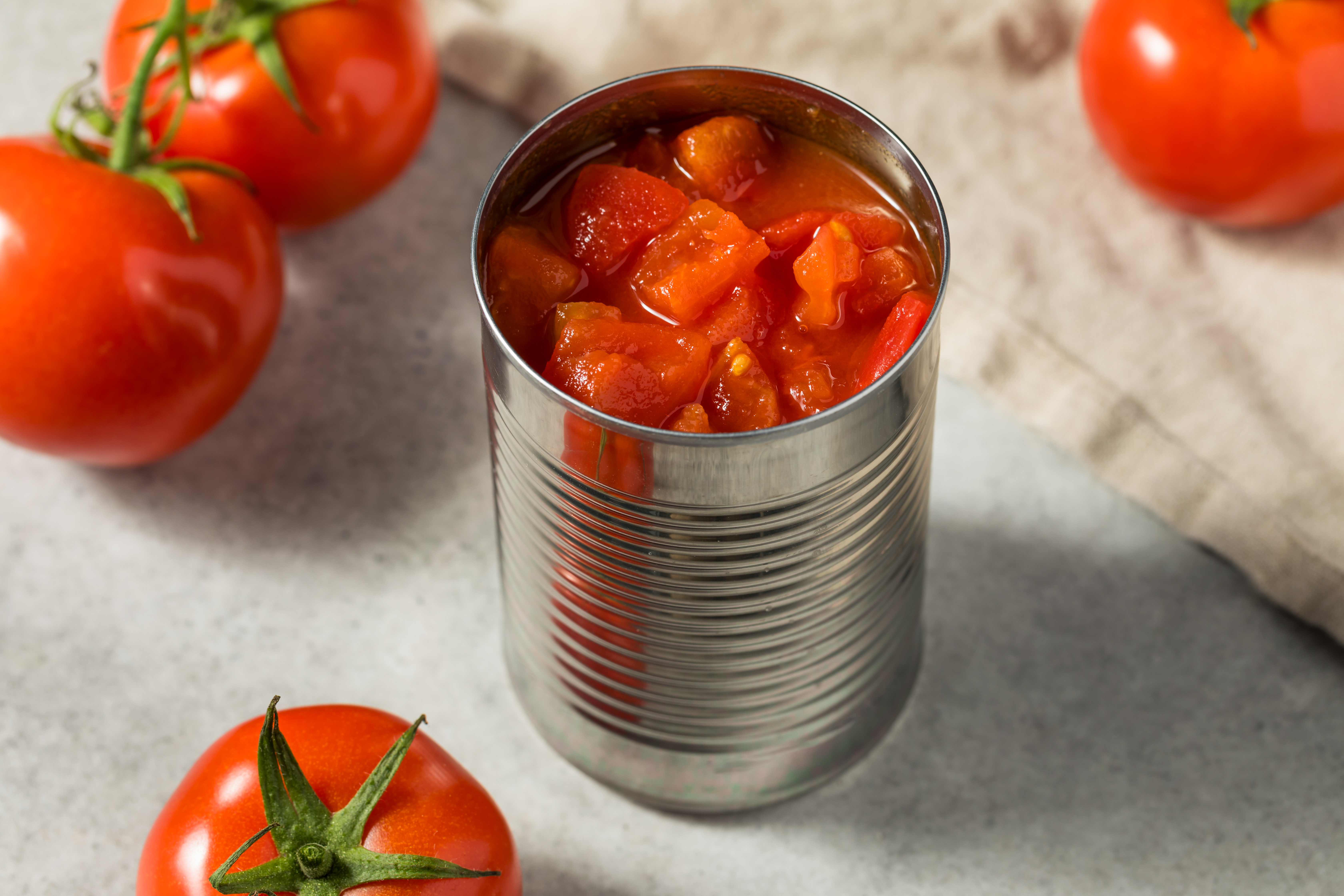
Canned vegetables are a convenient and seemingly healthy choice, especially when fresh produce is unavailable. Unfortunately, many canned vegetables are loaded with sodium to preserve freshness and flavor. This added sodium can contribute significantly to daily intake, pushing it beyond recommended limits and raising blood pressure. To mitigate this, choose low-sodium or no-salt-added versions, rinse canned vegetables before use, or opt for frozen vegetables, which often retain their nutritional value without the excessive salt content.
3. Granola Bars
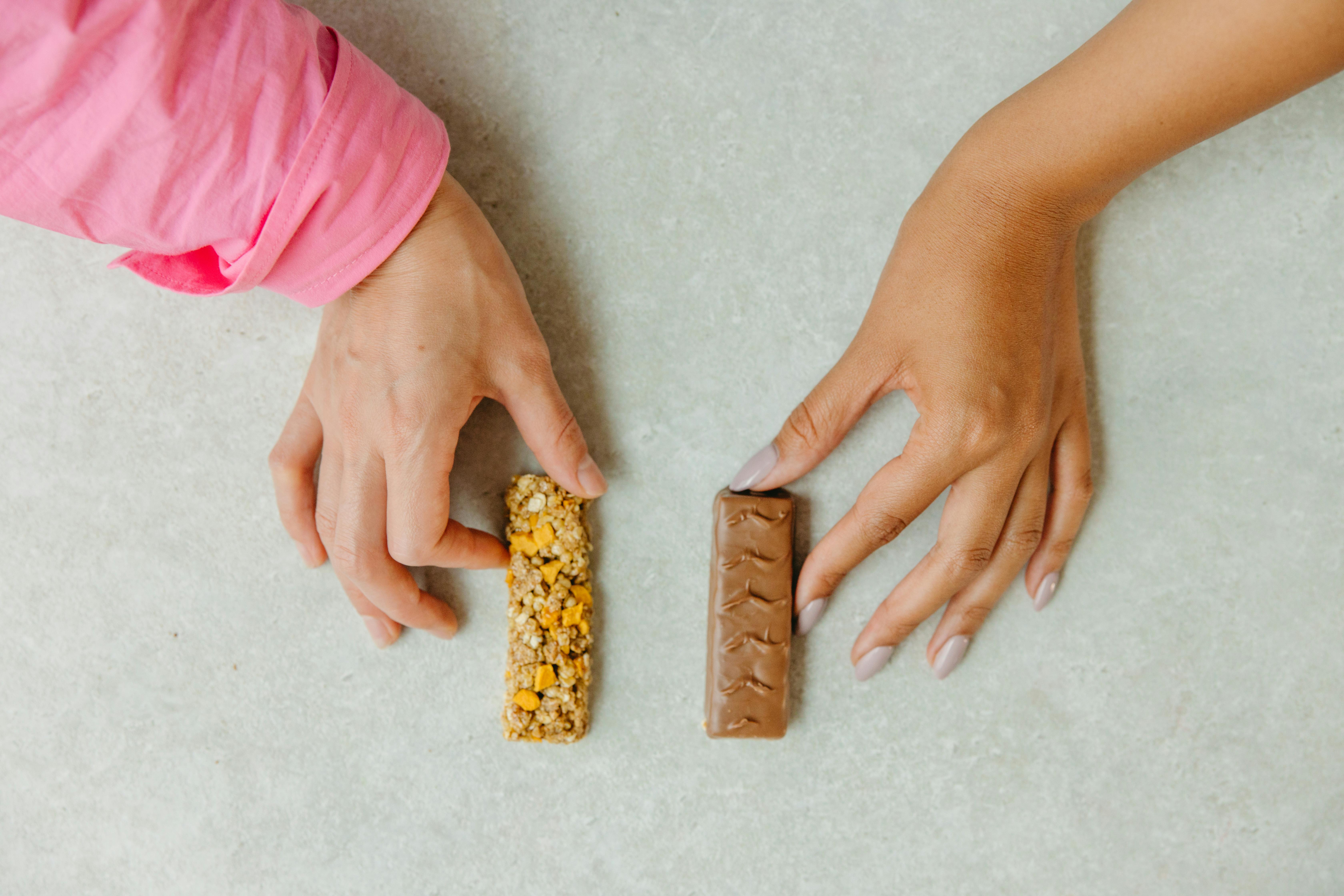
Granola bars are often marketed as a healthy snack, packed with oats, nuts, and fruits. However, many commercially available granola bars contain high levels of sugar and sodium. The combination of these ingredients can lead to increased blood pressure and other health issues. The sugar content can cause weight gain, indirectly affecting blood pressure, while sodium directly impacts it. When choosing granola bars, look for options with minimal added sugars and sodium or consider making your own at home to ensure a healthier snack choice.
4. Deli Meats
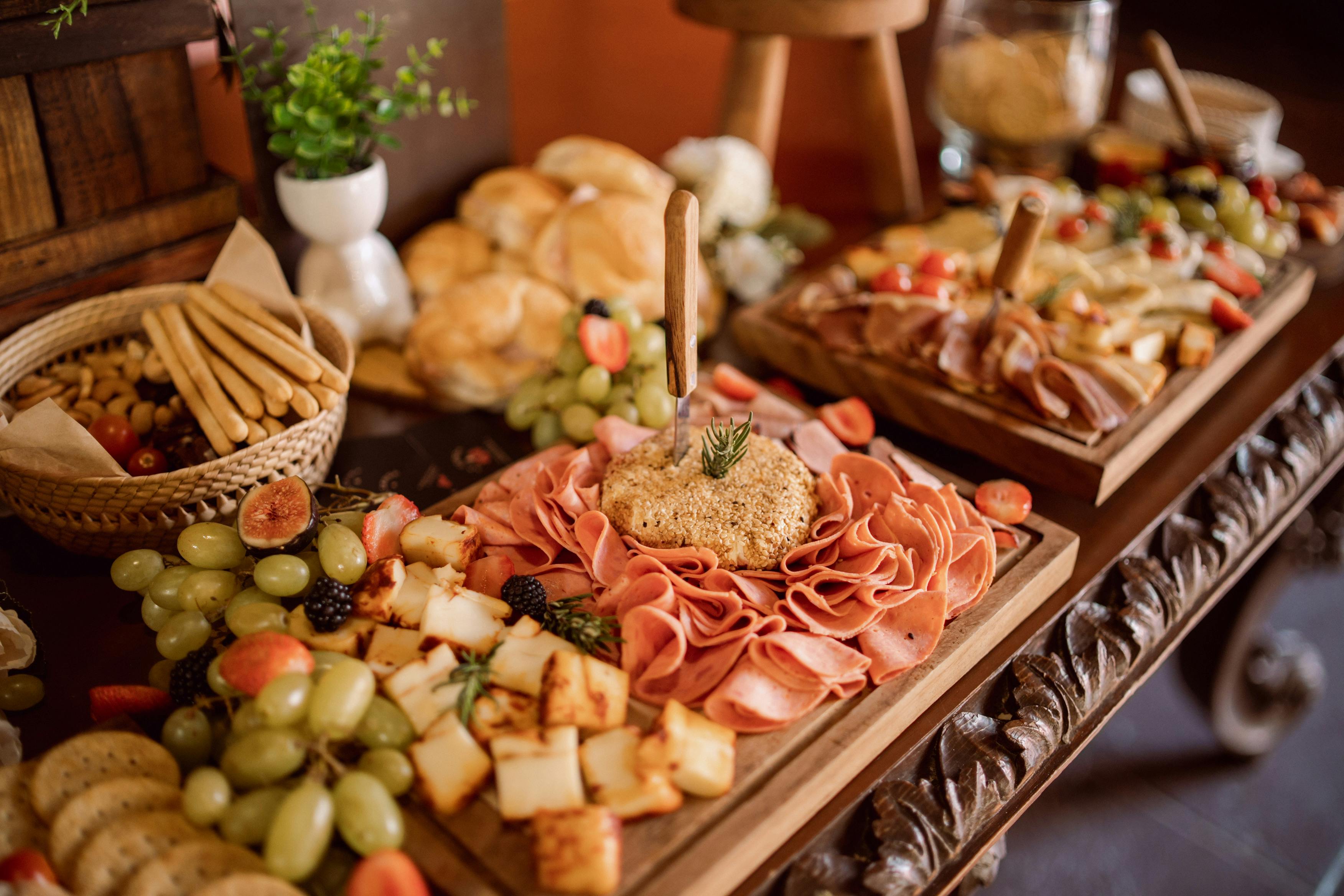
Deli meats, such as turkey, ham, and roast beef, are convenient protein sources for sandwiches and salads. However, they are often processed with high levels of sodium and preservatives like nitrates and nitrites. These additives can increase blood pressure and have been linked to other health issues. To reduce sodium intake, opt for fresh, unprocessed meats or choose low-sodium deli options. Additionally, consider using alternative protein sources, such as grilled chicken or plant-based proteins, to maintain a heart-healthy diet.
5. Low-Fat Yogurt
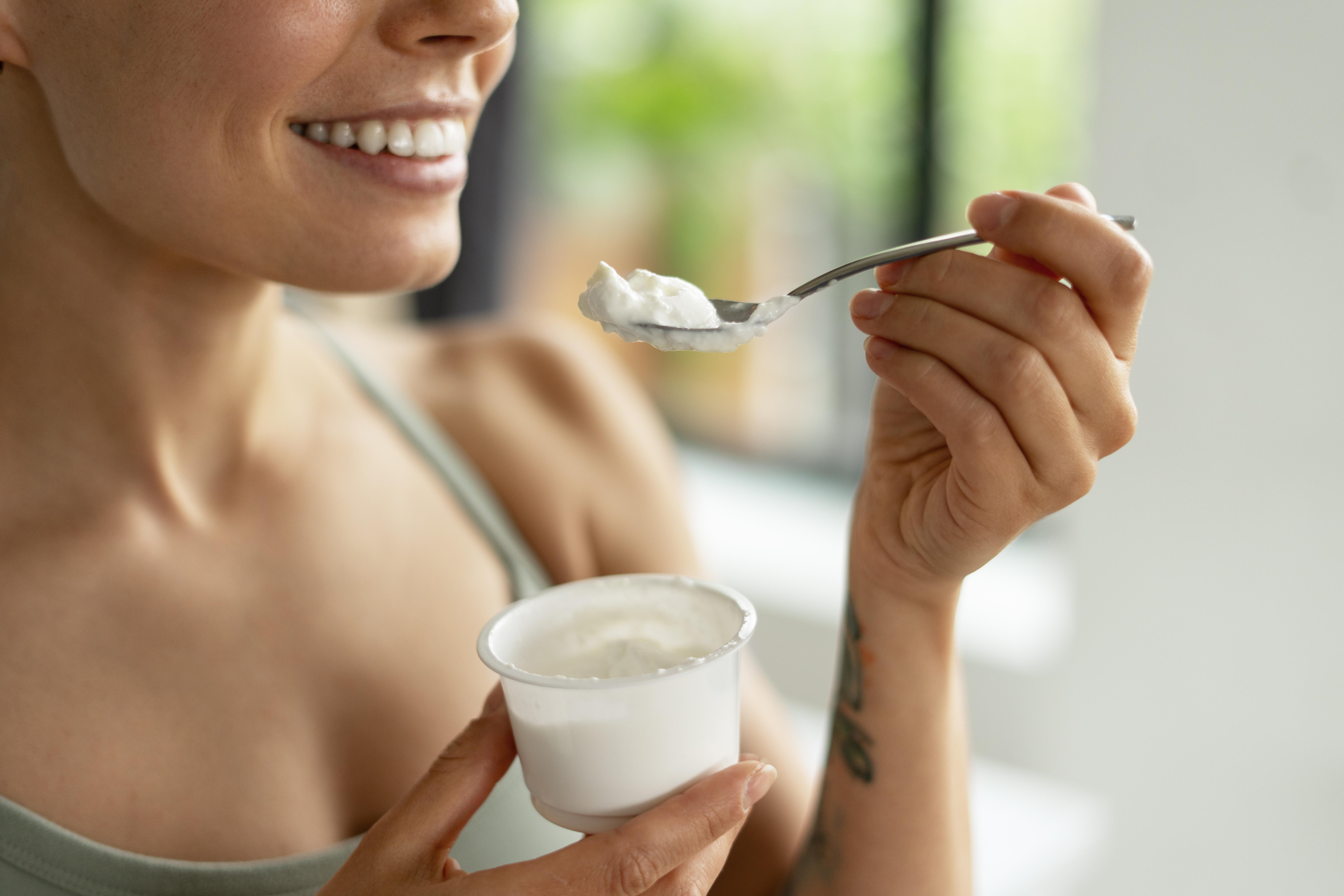
Low-fat yogurt is often perceived as a healthy snack or breakfast option due to its reduced fat content and probiotic benefits. However, many low-fat yogurts compensate for the lack of flavor by adding sugar, which can contribute to weight gain and elevated blood pressure. The sugar content can be surprisingly high, making it essential to check labels and opt for plain yogurt with no added sugars. You can enhance the flavor by adding fresh fruits or a drizzle of honey, ensuring a healthier and more nutritious option.
6. Sports Drinks

Sports drinks are designed to replenish electrolytes and provide energy during intense physical activity. While they serve a purpose for athletes, many people consume them as a regular beverage, unaware of their high sodium and sugar content. These ingredients can lead to increased blood pressure, especially when consumed in excess. For most people, water is sufficient for hydration. If you require electrolyte replenishment, consider coconut water or homemade electrolyte drinks with natural ingredients to avoid the hidden sodium and sugar found in commercial sports drinks.
7. Canned Soups
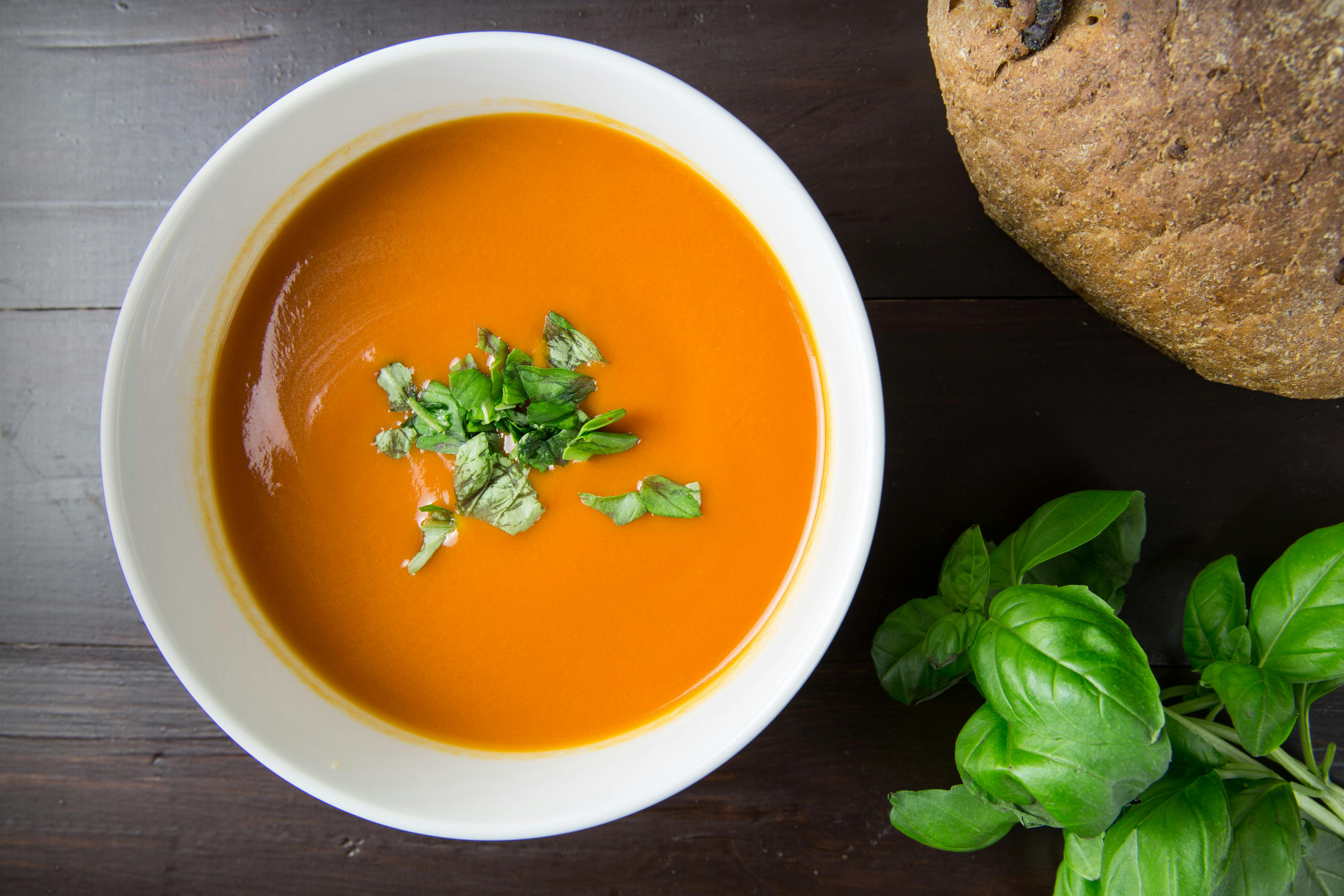
Canned soups are a convenient meal option, especially during colder months. However, they are notorious for their high sodium content, used to enhance flavor and preserve the product. Consuming these soups regularly can significantly contribute to daily sodium intake, raising blood pressure. To enjoy soup without the added sodium, consider making homemade versions where you can control the ingredients. Alternatively, choose low-sodium or reduced-sodium canned options and add fresh herbs and spices for flavor enhancement.
8. Salad Dressings
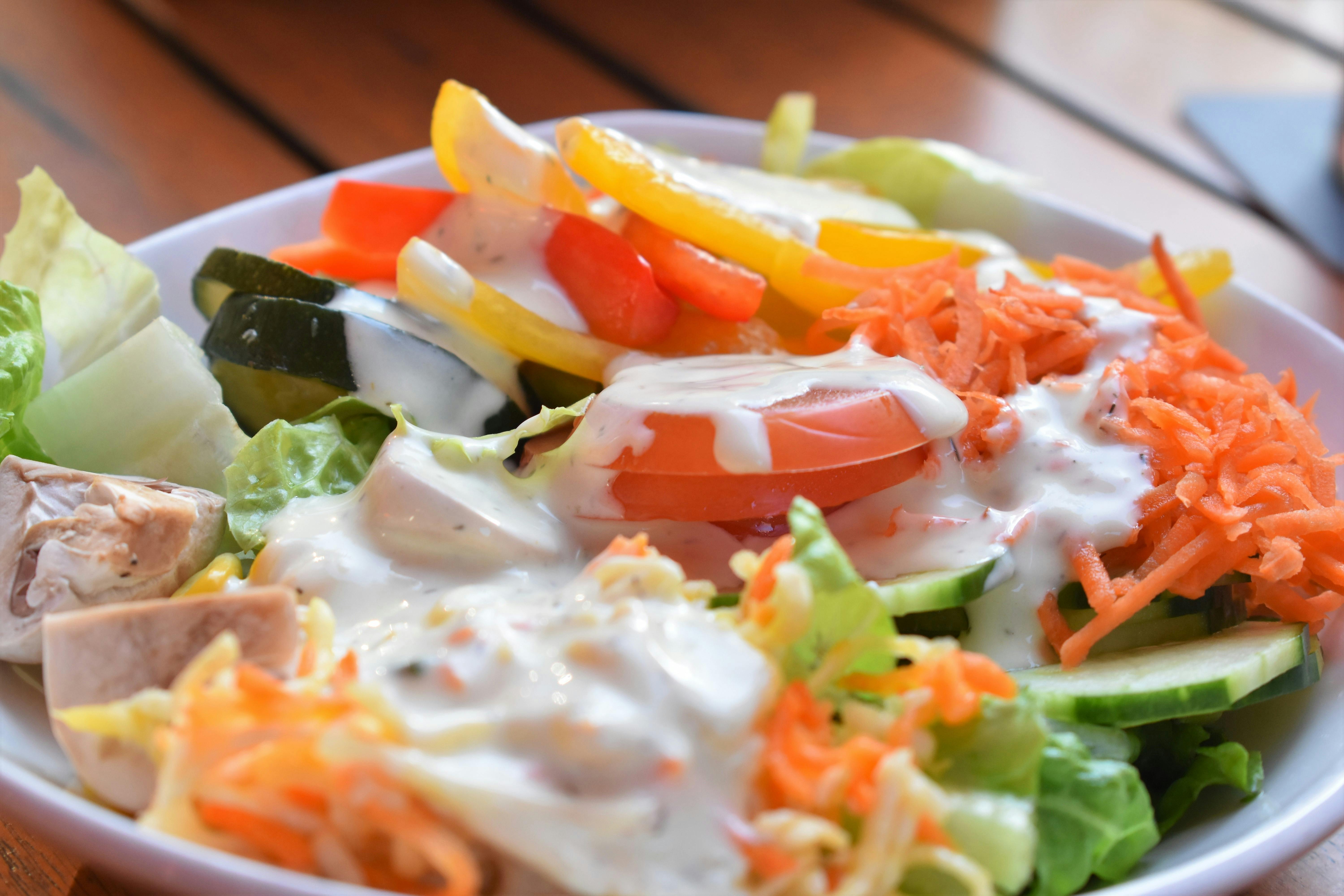
Salad dressings can transform a simple salad into a flavorful dish, but many store-bought dressings contain high levels of sodium and sugar. These ingredients can negate the health benefits of a salad and contribute to increased blood pressure. When selecting salad dressings, opt for those with minimal sodium and sugar content or make your own at home using olive oil, vinegar, herbs, and spices. This approach not only reduces sodium intake but also enhances the nutritional value of your salads.
9. Breakfast Cereals

Breakfast cereals are a popular choice for a quick and easy meal, often marketed as a healthy start to the day. However, many cereals are high in sugar and sodium, which can contribute to weight gain and elevated blood pressure. Even those labeled as "whole grain" or "high fiber" can contain these hidden ingredients. To choose a healthier cereal, look for options with minimal added sugars and sodium, or consider alternatives like oatmeal or homemade granola, where you can control the ingredients.
10. Frozen Meals
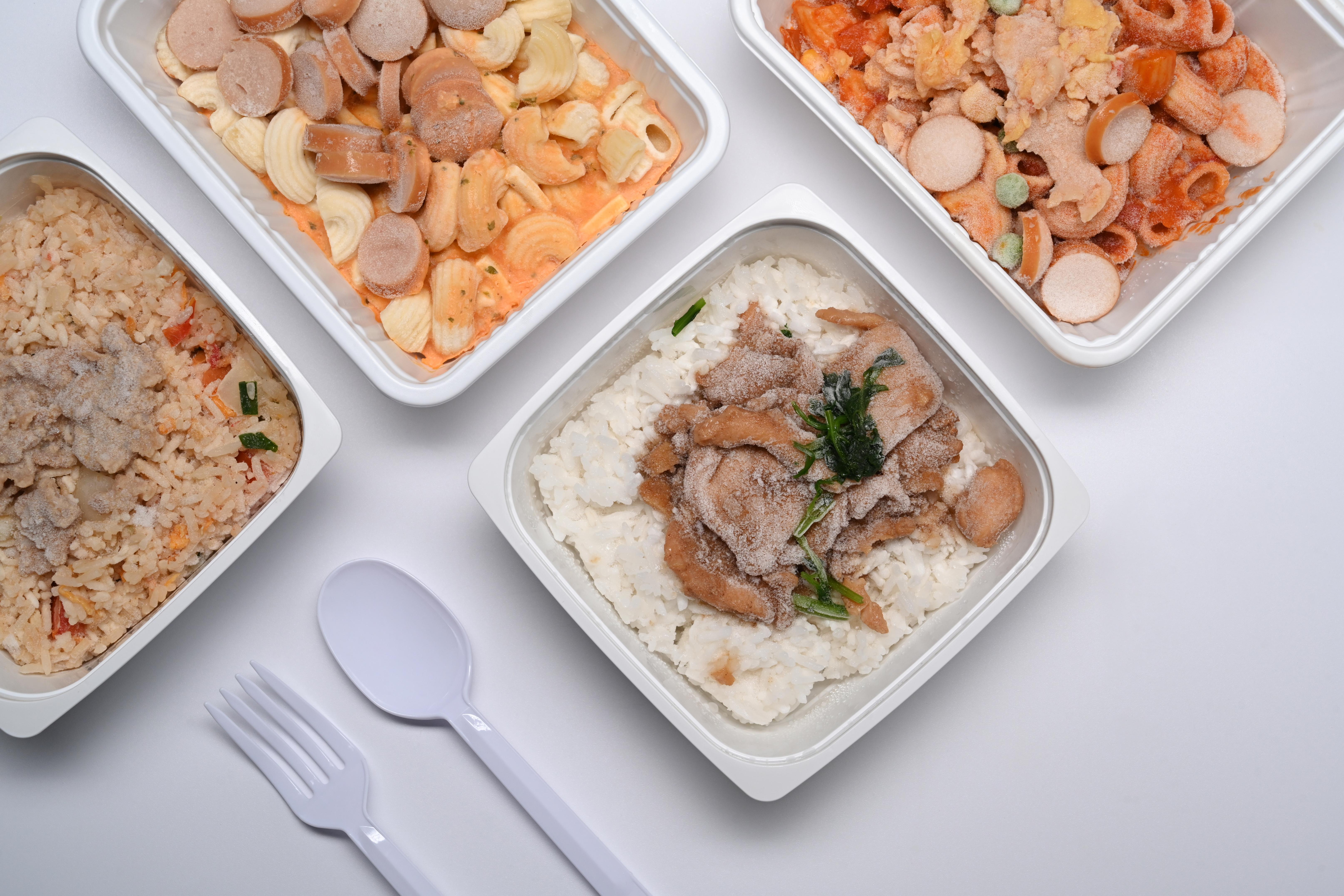
Frozen meals offer convenience for busy individuals, but they often come with a high sodium content to preserve flavor and extend shelf life. Regular consumption of these meals can lead to increased blood pressure and other health issues. When selecting frozen meals, opt for those labeled as low-sodium or prepare your own meals in bulk and freeze them for later use. This approach allows you to control the ingredients and maintain a healthier diet while still enjoying the convenience of a quick meal.
11. Cheese
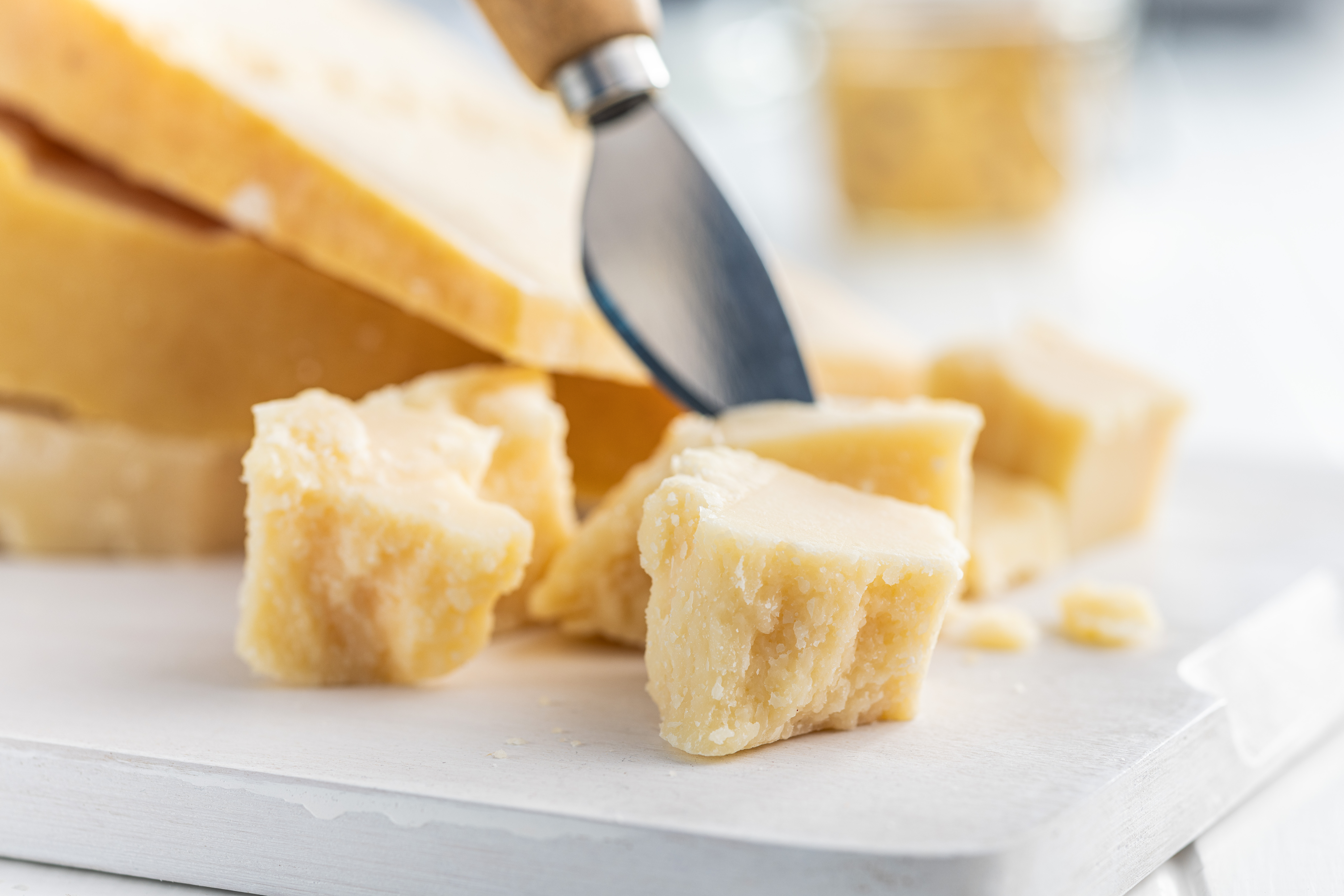
Cheese is a versatile and delicious addition to many dishes, but it can be high in sodium and saturated fats. These components can contribute to increased blood pressure and other cardiovascular issues. While cheese can be part of a balanced diet, it's essential to consume it in moderation and choose lower-sodium varieties. Consider using cheese as a flavor enhancer rather than a primary ingredient, and pair it with heart-healthy foods like fruits, vegetables, and whole grains to balance your nutrient intake.
12. Pickles
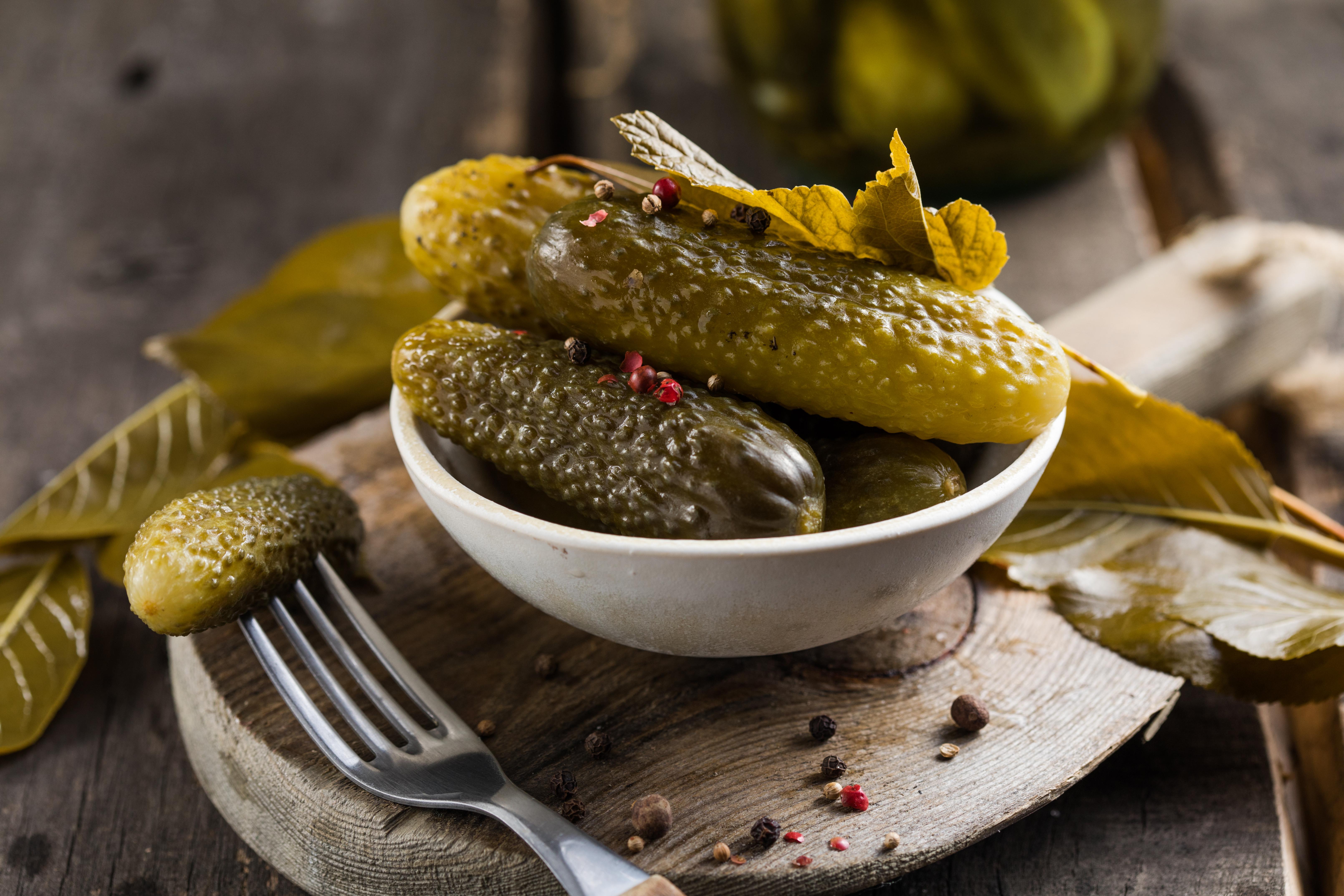
Pickles are a popular condiment and snack, known for their tangy flavor. However, the pickling process involves soaking vegetables in a brine solution, which is high in sodium. Consuming pickles regularly can contribute to excessive sodium intake and elevated blood pressure. To enjoy pickles without the added sodium, consider making your own at home using a vinegar-based solution with minimal salt. This allows you to customize the flavor while maintaining a healthier diet.
13. Restaurant Meals
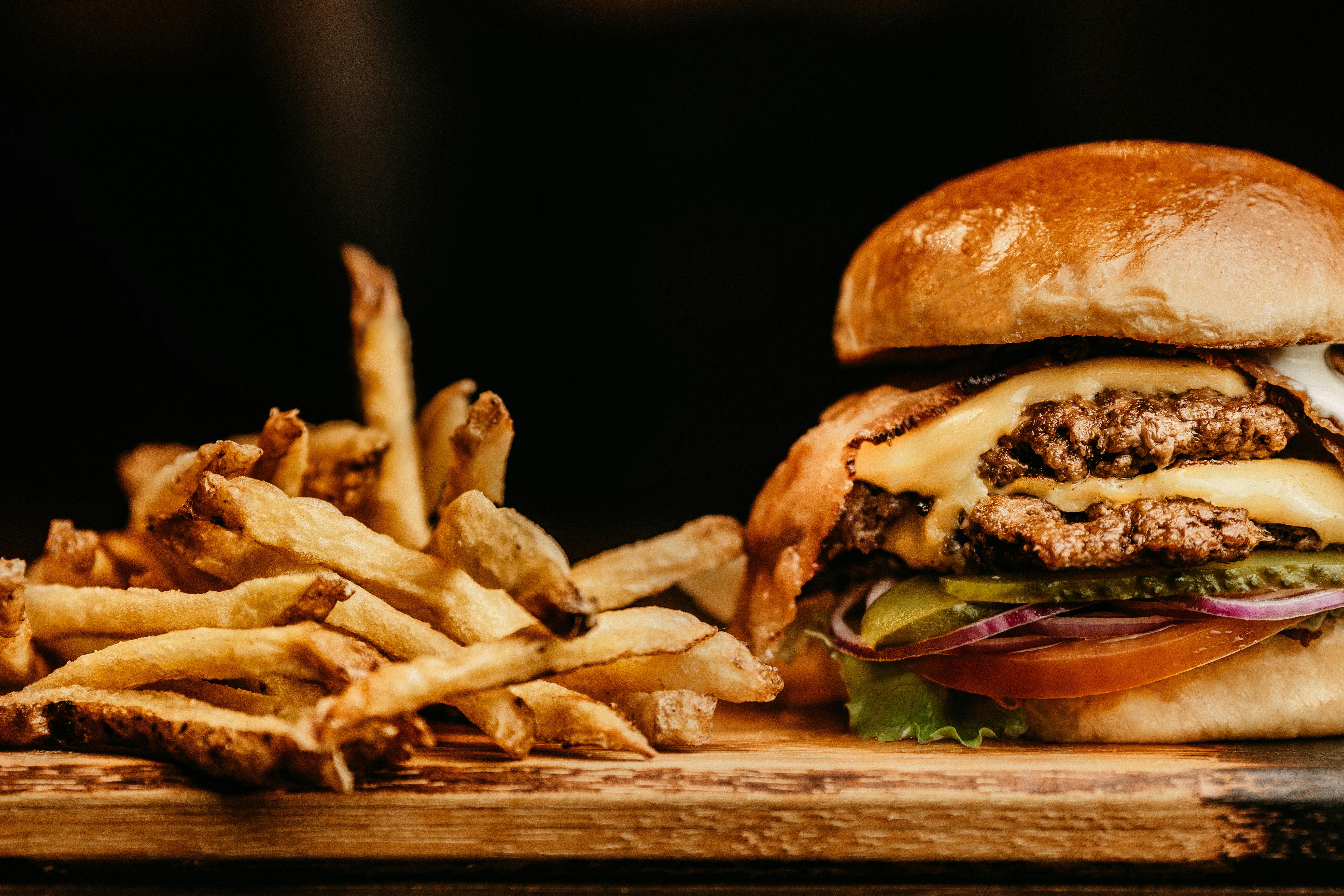
Dining out is a common social activity, but restaurant meals often contain high levels of sodium and unhealthy fats to enhance flavor. These hidden ingredients can contribute to increased blood pressure and other health issues. When eating out, choose dishes that are grilled, baked, or steamed rather than fried, and request dressings and sauces on the side. Additionally, consider sharing dishes or taking leftovers home to control portion sizes and sodium intake, ensuring a more heart-healthy dining experience.
14. Pre-Made Spice/Seasoning Blends
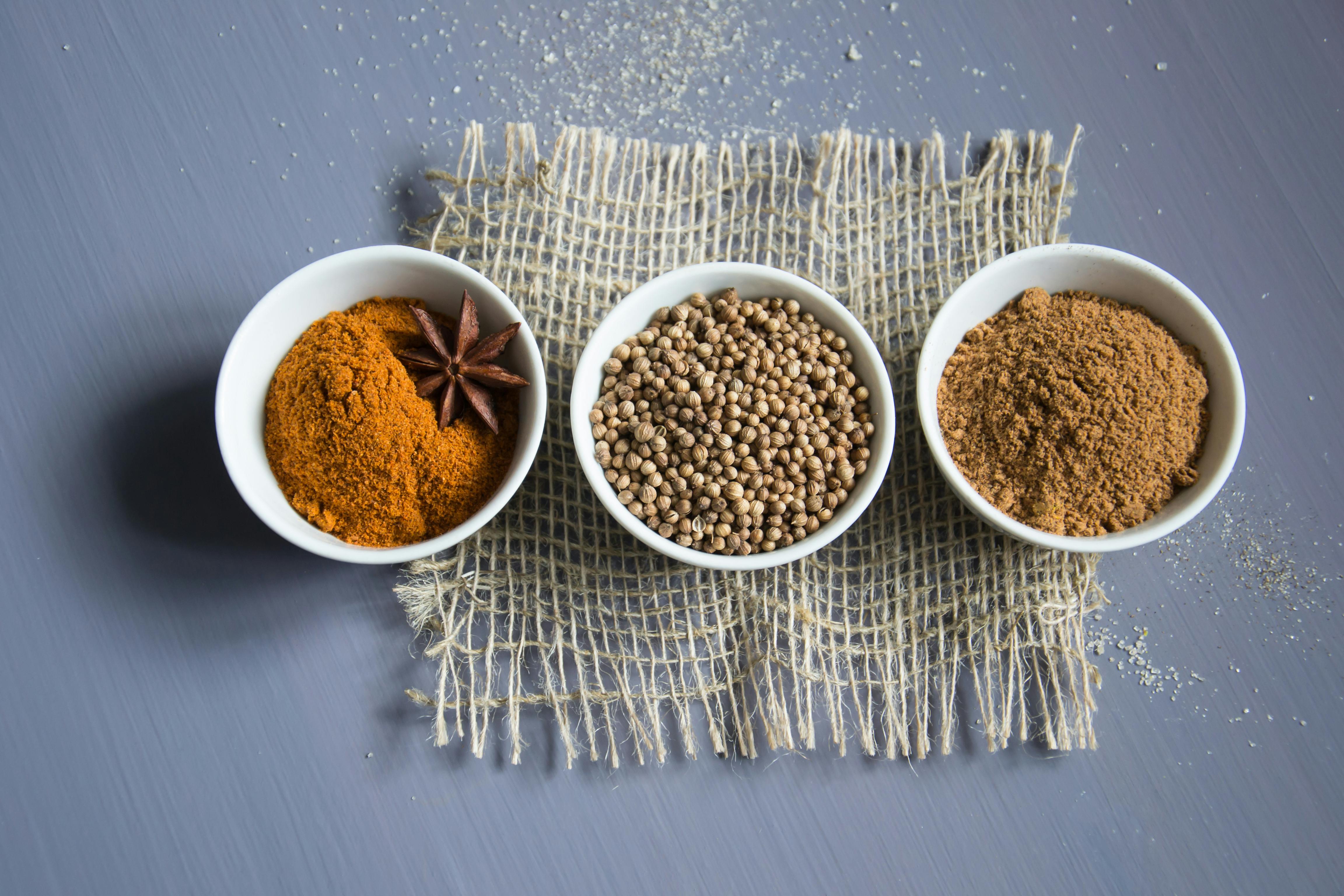
While adding spices seems healthy, many popular store-bought blends—including "taco seasoning," "lemon pepper," and most commercial rubs—are primarily composed of salt and sugar. A single teaspoon can contain hundreds of milligrams of sodium, quickly sabotaging a heart-healthy meal. The salt is cheap, extends shelf life, and enhances flavor complexity. To avoid this hidden threat, check ingredient labels to ensure salt isn't the first item listed, or better yet, buy individual spices and create your own sodium-free blends. This allows you to season powerfully using herbs without the blood pressure penalty.
15. Energy Drinks

Beyond the sugar and sodium present in sports drinks (already listed), modern energy drinks pose a unique threat due to extremely high doses of caffeine and sometimes guarana or other stimulants. These central nervous system stimulants can cause a rapid, temporary, and significant spike in blood pressure and heart rate. Regular, excessive consumption of energy drinks puts sustained strain on the cardiovascular system. Opt for moderate coffee or tea intake, or stick to water. Relying on super-high stimulant levels for energy is a direct threat to maintaining healthy, stable blood pressure over time.
16. Nut Butters (Processed Varieties)
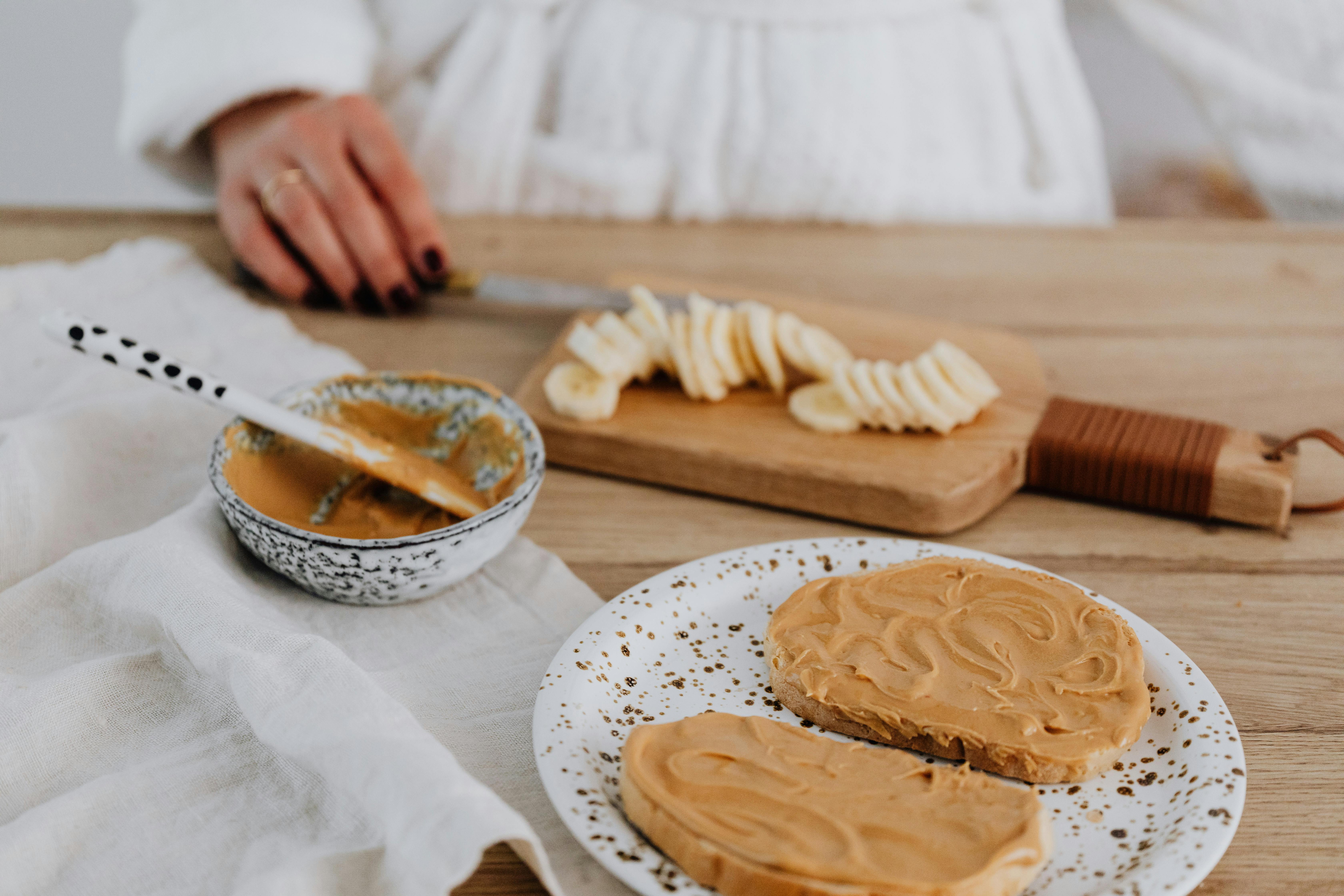
Nut butter is a great source of protein and healthy fats, but most mass-market brands are surprisingly high in hidden sodium and added sugars. These are used to stabilize the product, prevent oil separation, and appeal to a broader palate. The added sodium, often disguised as a preservative or flavor enhancer, can quickly accumulate if you eat nut butter regularly. Always choose "natural" or "no-stir" varieties that list only one or two ingredients (peanuts/almonds and maybe salt). Making your own from scratch is the best control method, ensuring your spread remains a heart-healthy source of fat and not a hidden sodium delivery system.
17. Cottage Cheese and Ricotta Cheese
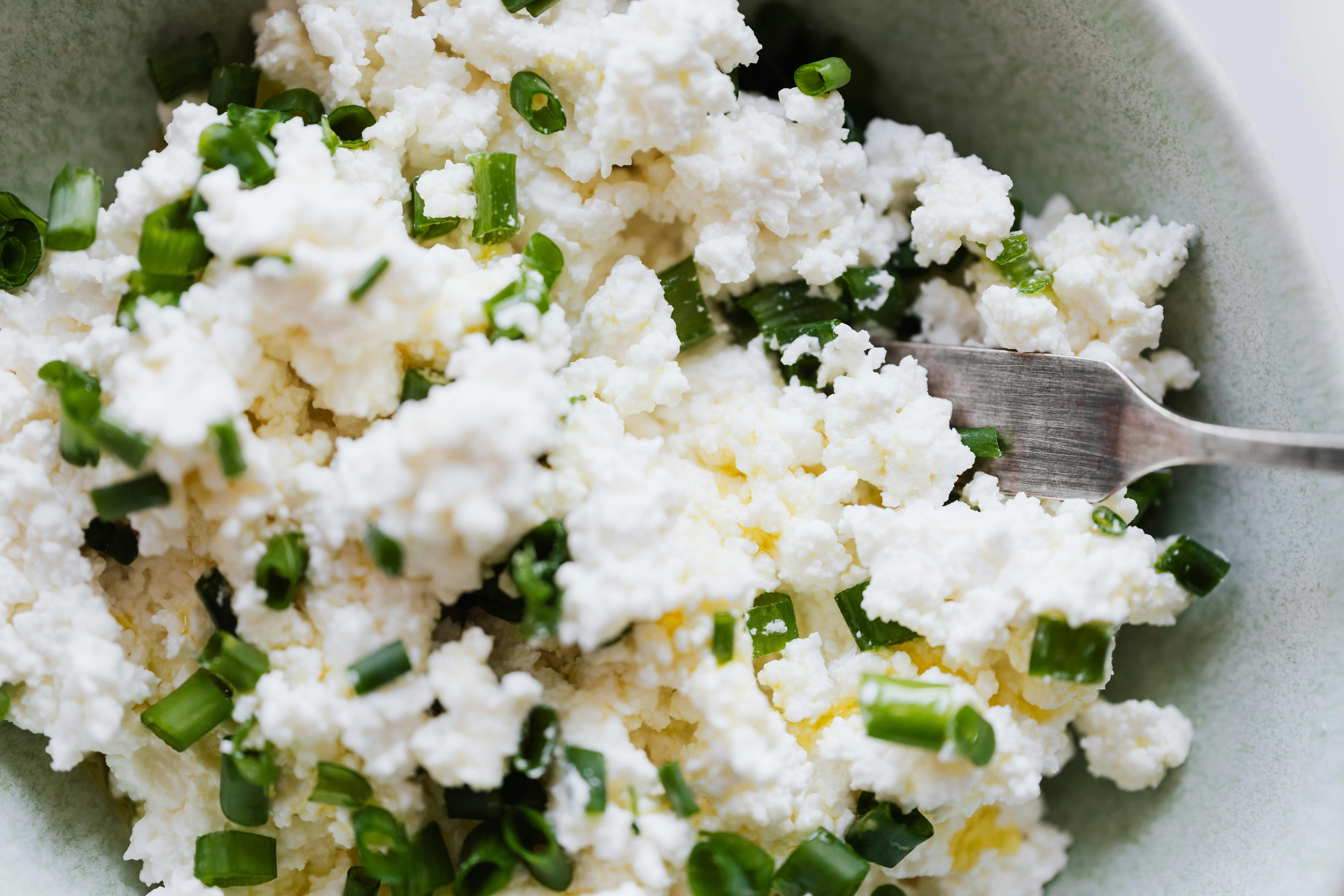
While you correctly highlight hard cheese, softer, fresh cheeses like cottage cheese and ricotta are exceptionally high in sodium. Salt is added during processing to help coagulate the curds and enhance flavor, resulting in levels that often exceed 350-450 mg per half-cup serving—equivalent to several slices of deli meat. This is particularly deceptive because these items are often chosen as healthy, protein-rich snacks. To mitigate this, look for low-sodium cottage cheese options, which are widely available, or use a small portion of plain ricotta as a topping, recognizing it as a sodium source.
18. Tuna and Seafood Canned in Broth/Water
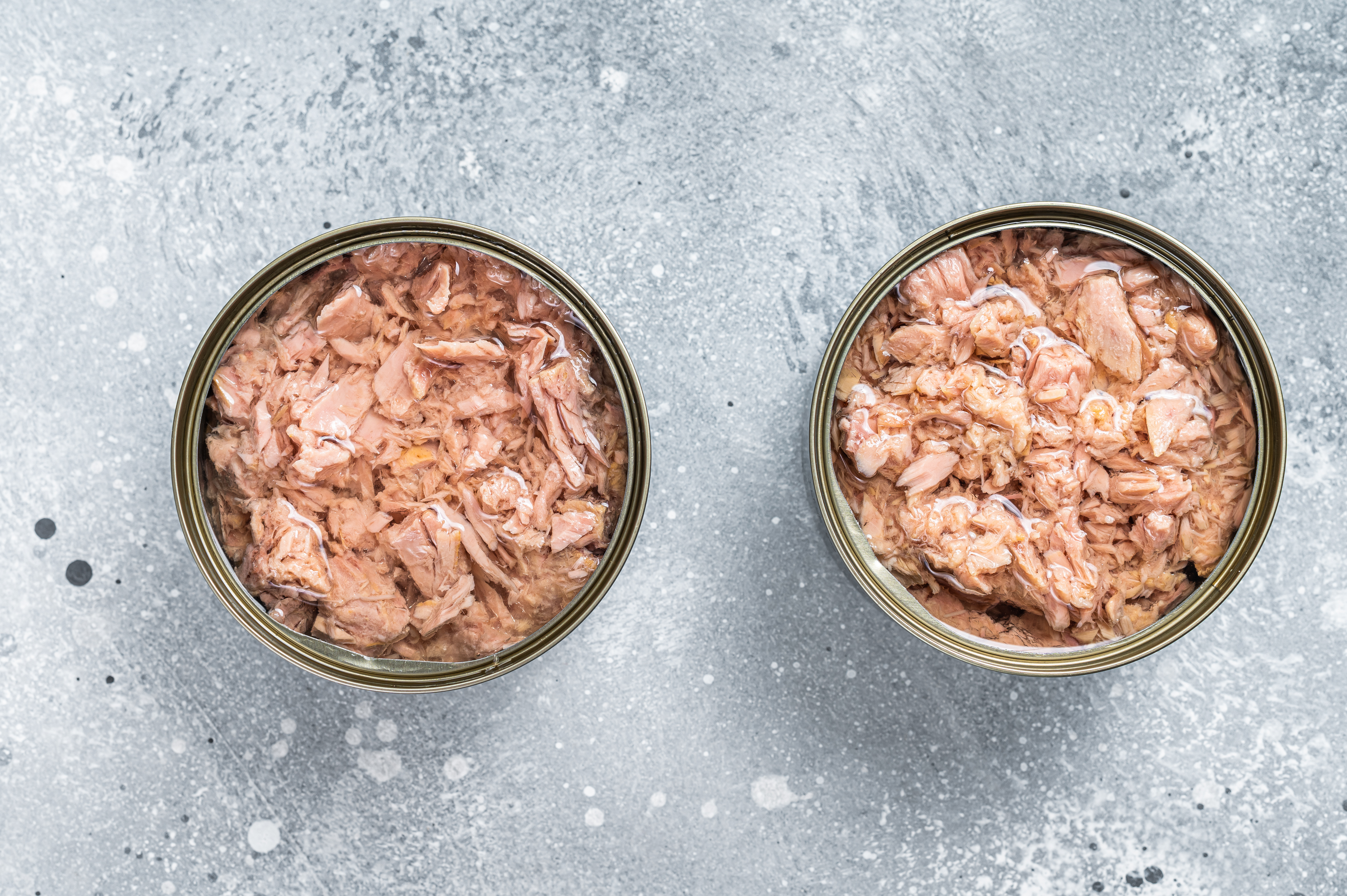
Canned seafood is a convenient source of protein and heart-healthy omega-3s, but when fish like tuna, salmon, or clams are packed in water or broth, large amounts of salt are often used for texture and preservation. Check the label; the sodium content can be significantly higher than expected—sometimes exceeding 300 mg per serving. When purchasing canned fish, look specifically for labels that say "no salt added" or "very low sodium." Rinsing the fish thoroughly before use can help wash away some of the brine, ensuring this nutritional powerhouse remains a true ally to your cardiovascular health.
Final Steps to a Heart-Healthy Plate

While many foods are marketed as healthy, it's crucial to be aware of their hidden ingredients that may negatively impact blood pressure. By understanding the potential risks associated with these 13 foods, you can make informed dietary choices that support cardiovascular health. Opting for fresh, whole foods and carefully reading labels can help you avoid excessive sodium and sugar intake, ultimately contributing to a healthier lifestyle. Remember, small changes in your diet can have a significant impact on your overall well-being and blood pressure management.